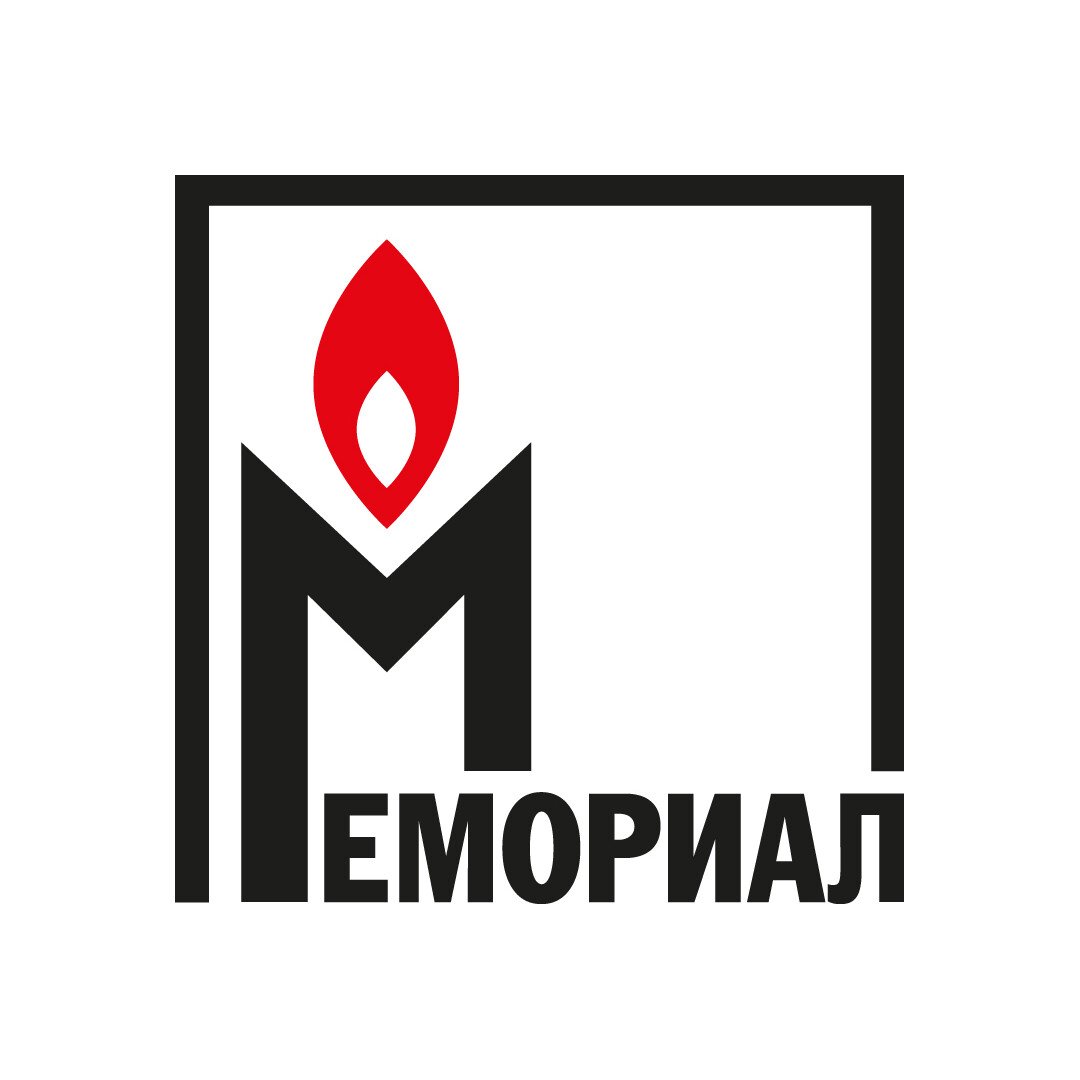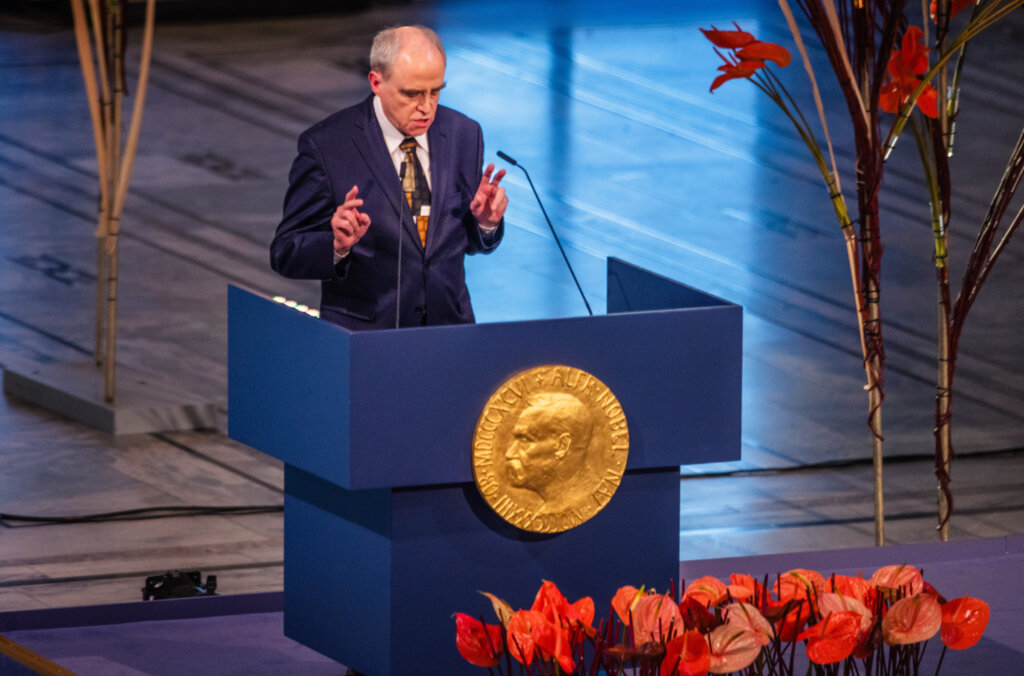Memorial
Speed read
Memorial was awarded the Nobel Peace Prize for its fight for human rights, democracy, and peaceful co-existence. The organisation shares the prize with Ales Bialiatski and the Center for Civil Liberties.

Full name: Memorial
Native name: Memorial
Founded: 1987, Moscow, Russia
Date awarded: 7 October 2022
The documentation of human rights violations
Memorial is one of Russia’s oldest and most prominent human rights organisations. It was founded in 1987 by human rights activists in the former Soviet Union. Nobel Peace Prize laureate Andrei Sakharov and human rights activist, Svetlana Gannushkina, were among the organisation’s founders.
Memorial works to uncover political repression and violations of human rights in Russia. Its aim is to strengthen civil society and increase the population’s awareness of democracy and their own rights. An important part of this work is to deal with crimes from the past, so that history does not repeat itself. Memorial therefore works today both with the preservation of the memory of the oppression during the Soviet period and human rights violations in today’s Russia.
"Memorial – it's a network, it's people, it's a movement."
- Memorial
The protection of the collective memory
After the fall of the Soviet Union, Memorial began work on documenting the oppression the regime had been responsible for. During the Soviet leader Mikhail Gorbachev‘s policy of openness (Glasnost), Memorial established a documentation center on the victims of the Stalinist era. The work was carried out by a network of volunteers who collected and analysed the documentation. This resulted in the most extensive archive of documentation of historical abuse in Russia. Today this branch of the organisation is known as the International Memorial.
Memorial’s human rights center works to uncover and document human rights violations, keeps lists of political prisoners, helps migrants and assists with legal aid. It has been active in the Chechen wars and in the Russian conflicts with Georgia and Ukraine. The head of Memorial’s branch in Chechnya, Natalia Estemirova, was killed in 2009 as a result of this work.

"How did it happen that state structures, paid for by the people, came to kill the people? This is a relevant question today."
- Elena Zhemkova, the executive director of the research arm of Memorial.
A fight against the state
For a number of years, both Memorial and other civil society organisations have been under strong pressure from the Russian authorities. They have been the victims of threats, imprisonment, disappearance and murder. Since 2016, Memorial has been branded by Russian authorities as a “foreign agent”. Being on the list of foreign agents involves strict reporting requirements to the authorities. In addition, everything they write publicly must be marked with a warning that the message comes from a “foreign agent”.
In 2021, Memorial was forced to shut down all its businesses for good and the documentation center was permanently closed. The networks associated with Memorial are still active and have no plans to give up. The European Court of Human Rights has asked Russia to reverse its decisions.
"Nobody plans to give up."
- Yan Rachinsky, Chair of Memorial, commenting on the forced dissolution of the organisation.

The importance of civil society for peace and democracy
By awarding the peace prize to Ales Bialiatski, Memorial and the Center for Civil Liberties, the Norwegian Nobel Committee wanted to honour three outstanding champions of human rights, democracy and peaceful co-existence in the neighbouring countries of Belarus, Russia and Ukraine. Through their consistent efforts in favour of humanist values, anti-militarism and the principles of law, this year’s laureates have revitalised and honoured Alfred Nobel’s vision of peace and fraternity between nations – a vision dearly needed in the world today.
| Human rights Rights that apply to all persons regardless of gender, race, ethnicity, religious affiliation or nationality. The most important are the rights enshrined in the UN Declaration of Human Rights, adopted in 1948. |
| Civil society Civil society is a collective term for those parts of society that consist of voluntary organisations, various pressure groups and individuals, who come together to promote a political issue or solve a task together on a voluntary basis. |
Learn more
Watch or read Memorial's Nobel Peace Prize lecture, delivered by Jan Rachinsky, chairman of the International Memorial Board.
Disclaimer: Every effort has been made by the publisher to credit organisations and individuals with regard to the supply of photographs. Please notify the publishers regarding corrections.
Nobel Prizes and laureates
Six prizes were awarded for achievements that have conferred the greatest benefit to humankind. The 14 laureates' work and discoveries range from quantum tunnelling to promoting democratic rights.
See them all presented here.
